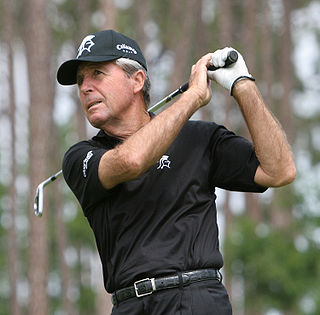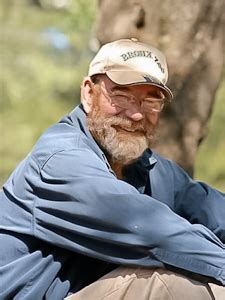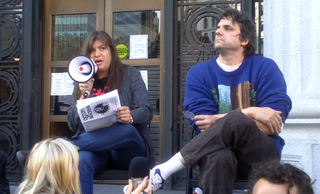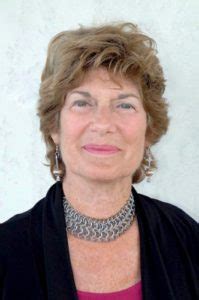A Quote by Dean Ornish
At a time when 20% of people in the US go to bed hungry each night and almost 50% of the world's population is malnourished, choosing to eat more plant-based foods and less red meat is better for all of us-ourselves, our loved ones, and our planet.
Related Quotes
The health of the planet is at stake, because the cruelty and the waste that accompanies the slaughter of billions of animals each year literally infects us all. We could consume healthy plant-based food produced at almost infinitely less cost. What does that say, really, about us and what we're doing... to animals and to ourselves?
People who go around saying that it is wrong to fly and to eat meat are not so much making appeals to us from within our shared morality, but engaging in something more like "persuasive definition." They want us to look at the world and ourselves in a different way. Someday these prohibitions against flying and eating meat may be written into our moral psychology, but it will only be after there are viable, widely shared alternatives that are beginning to be widely adopted.
Why do we so mindlessly abuse our planet, our only home? The answer to that lies in each of us. Therefore, we will strive to bring about understanding that we are--each one of us--responsible for more than just ourselves, our family, our football team, our country, or our own kind; that there is more to life than just these things. That each one of us must also bring the natural world back into its proper place in our lives, and realize that doing so is not some lofty ideal but a vital part of our personal survival.
We believe in the Three Rs - reducing the consumption of meat and other animal-based foods; refining the diet by eating products only from methods of production, transport, and slaughter that minimize pain and distress; and replacing meat and other animal-based foods in the diet with plant-based foods.
When I was 88 years old, I gave up meat entirely and switched to a plant foods diet following a slight stroke. During the following months, I not only lost 50 pounds, but gained strength in my legs and picked up stamina. Now, at age 93, I'm on the same plant-based diet, and I still don't eat any meat or dairy products. I either swim, walk, or paddle a canoe daily and I feel the best I've felt since my heart problems began.
Wherever we are, any time of night or day, our bosses, junk-mailers, our parents can get to us. Sociologists have actually found that in recent years Americans are working fewer hours than 50 years ago, but we feel as if we're working more. We have more and more time-saving devices, but sometimes, it seems, less and less time.
Adversity is a severe instructor, set over us by one who knows us better than we do ourselves, as he loves us better too. He that wrestles with us strengthens our nerves and sharpens our skill. Our antagonist is our helper. This conflict with difficulty makes us acquainted with our object, and compels us to consider it in all its relations. It will not suffer us to be superficial.
Our colonizers have taught us to believe that our health has improved because of Western medicine, Western foods, and Western technology. In a society that values progress, our colonizers taught us that conditions in the world are perpetually improving, that with each new technological advancement, each new discovery, each new way to utilize resources, each new way to alter the environment, that the world is getting better, that it is advancing. These are all lies.
I must say that in my own mind, I think what's important is for us, as a society, to radically reduce the consumption of meat. This is more important than some fraction of us become moral saints and become vegetarians so it would be much better if we would reduce meat consumption by three quarters of each of us as an individuals would only eat one-quarter as much meat as we do now then that half of the population should become vegetarian. We should see this as a collective challenge rather than an issue about individual, moral period.
Consequential strangers help us stretch beyond the relatively rigid boxes that the people who have known us the longest - our family and close friends - often put us into. Through interacting with people who do not know us as well, we are more free to experiment with ourselves, and less likely to have our new behaviors and roles reflected back to us by people who object, 'But that's not like you!'
I understand, of course, that grain-fed meat is not the cause of the world hunger problem - and eating some of it doesn't directly take food out of the mouths of starving people - but it is, to me, a symbol and a symptom of the basic irrationality of a food system that's divorced from human needs. Therefore, using less meat can be an important way to take responsibility. Making conscious choices about what we eat, based on what the earth can sustain and what our bodies need, can help remind us that our whole society must begin to balance sustainable production with human need.




































